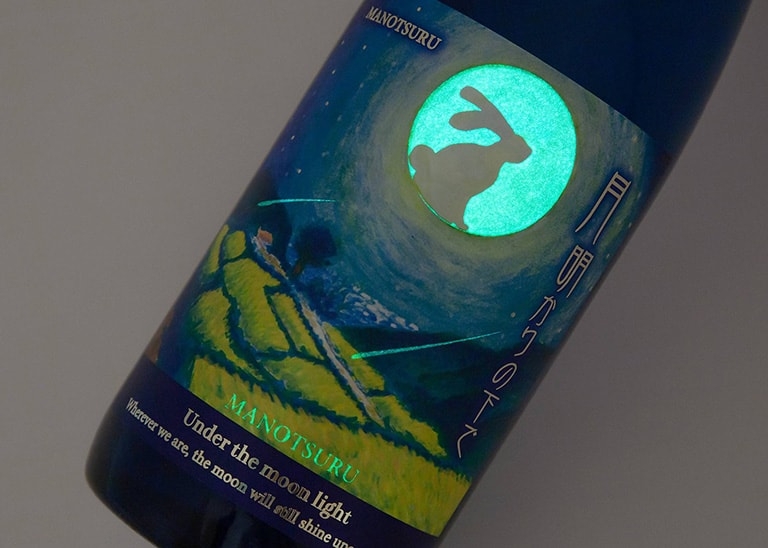‘Sake breweries’ creative responses to COVID-19

Light at the end of the tunnel: The bottle labels for Obata Shuzo’s 'Under the Same Sky' sake series glow in the dark. | COURTESY OF OBATA SHUZO
Since 2015, the weeklong sake-making workshop at Obata Shuzo, one of Sado Island’s sake breweries, has attracted aficionados from across the world, drawn by the unique opportunity to delve into the hard work of brewing.
Sadly, this year fifth-generation brewery owner Rumiko Obata had to cancel the popular workshop. Sake-making is a close-quarters affair, not ideal for social distancing and, of course, she also has to take into account the safety of her Niigata Prefecture island community. “I am holding online tours of the brewing process at the moment, however there is so much one misses out on by not being there in person,” she says.
2020 is proving to be a tough year for breweries. While private consumption of Japan’s alcoholic beverages may be unaffected, the drop in international visitors and those dining out has resulted in a massive decline in sales to restaurants and drinking establishments that has deeply affected sake breweries across the country.
The most dramatic impact appears to be on small jizake (local sake) producers and breweries.
According to a panel discussion held by sake experts and published in Saketimes, the pandemic has forced breweries to start relying on online sales, an area in which many smaller producers were lagging. With bars and restaurants closing, these small breweries are having to find ways to connect to customers directly, rather than through restaurateurs, some for the first time.
